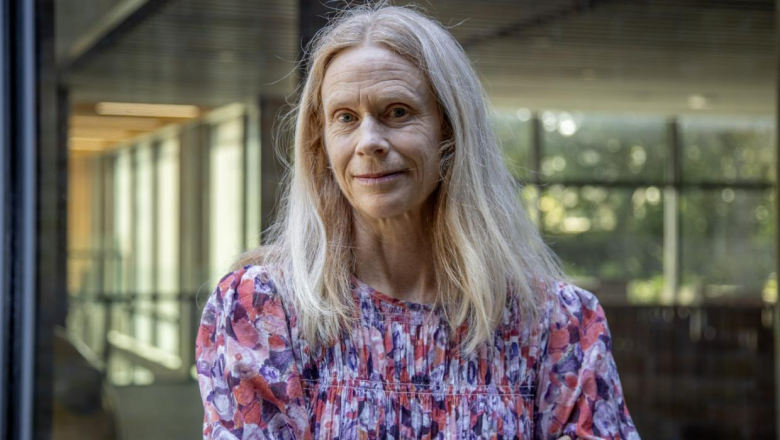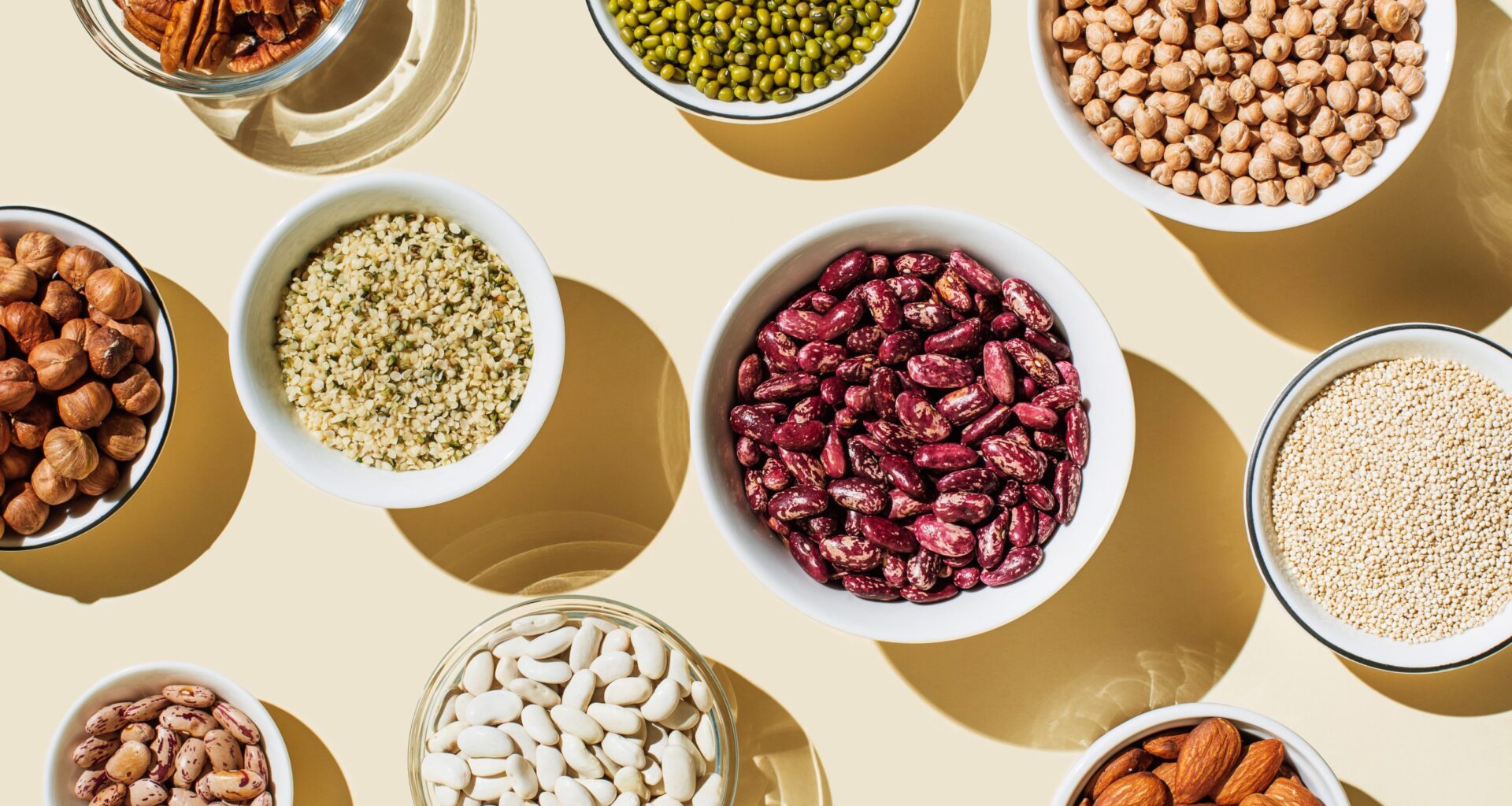Opinion: For many budget-conscious families, spending leaner often beats out buying greener.
Surveys have suggested that, though New Zealand consumers express a desire to make sustainable choices, environmental concerns rank lower than freshness, taste, and price.
Yet there are simple shifts shoppers can make without adding too much to the grocery bill.
Waipapa Taumata Rau University of Auckland public health nutritionist Dr Sally Mackay says one of the easiest steps is to incorporate more plant-based foods.
“Often, things like dairy, meat, and fish are more expensive, so including some of those other types of protein foods like beans, lentils, nuts, seeds, and tofu can make a difference,” she says.
“Plant-based foods typically also involve much lower greenhouse gas emissions.”
Though some plant-based milks and nuts can be costly, cheaper options like sunflower seeds, pumpkin seeds, and peanuts are highly nutritious and often provide comparable or superior amounts of key vitamins and minerals.
She also suggests visiting ethnic minority grocery stores, which often have a wider and more affordable range of these products.
Does a ‘local-first’ approach to food help the planet?
Whether “buying local” makes for a small carbon footprint is an oft-debated point, as how food is produced can matter more than how far it travels.
As a major producer of higher-emissions products such as beef and lamb, Aotearoa’s agricultural industry contributes about half the country’s total greenhouse gas emissions.
These emissions – mainly methane from ruminant livestock such as sheep and cows – come amid a range of other environmental pressures, such as water pollution, biodiversity loss and soil erosion, linked to agriculture.
Still, the sector has repeatedly argued New Zealand’s pasture-based system is more energy-efficient and sustainable than that of other countries’ housed or feedlot-based farming models.
 Dr Sally Mackay, a public health nutritionist at the University of Auckland, says small, affordable changes – such as eating more plant-based foods, wasting less, and planning meals – can help make a difference for the planet. Photo: University of Auckland
Dr Sally Mackay, a public health nutritionist at the University of Auckland, says small, affordable changes – such as eating more plant-based foods, wasting less, and planning meals – can help make a difference for the planet. Photo: University of Auckland
When it comes to the emissions impact of food transport – or so-called food miles – Mackay says the contribution is smaller than we might think.
“Transport, on average, is about five to six percent of the greenhouse gas emissions for food – so buying locally isn’t really going to save a lot if that’s all you look at.”
Air-freighted items, like some fresh fruits, vegetables, and seafood, are an exception as their transport emissions are much higher.
Although the emissions savings may be marginal, she says a local-first approach has other benefits. It supports the local food system, which can increase food security during global disruptions, and often encourages buying seasonal produce.
Mackay adds she’d like to see better food labelling – as we have with Health Star Ratings – to help consumers make more informed choices. The Planetary Accounting framework, which is being developed for use in New Zealand, is one such system designed to offer this holistic environmental reporting.
“Often we don’t know where a food is produced, so we can’t actually make that conscious decision about buying local.”
The benefits of eating less red meat
In one recent study, University of Auckland researchers found red and processed meat accounted for just over a third of dietary greenhouse gas emissions associated with households’ food choices.
Their analysis of 2019 purchasing data, drawn from surveying nearly 2000 households, led to two important insights: dietary emissions are higher in households with older primary shoppers, yet lower in larger households (in part because of less food waste).
Ultra-processed foods, especially, are known to be environmentally costly as their production is often more energy-intensive and heavily reliant on plastic packaging.
There’s also now a wealth of studies to show how heavily processed meat is a serious contributor to diet-related diseases, Mackay says.
“In particular, there is a very strong link that too much processed meat is a risk for colorectal cancer – and New Zealand has one of the highest rates of colorectal cancer in the world.”
If cutting meat out entirely is too difficult an option, Mackay suggests simply eating less of it (Heart Foundation NZ recommends reducing red meat intake to less than 350g a week).
This can be as simple as having a ‘meat-free Monday’ or replacing a portion of mince in a dish with legumes or beans while maintaining a varied diet and keeping an eye on iron levels.
The cost of food waste
Being part of the solution isn’t just about being mindful of what we’re scanning through the check-out, but what we’re throwing in the bin.
Households are the single biggest source of food waste in New Zealand, tossing out, on average, 12 percent of what they buy. The most wasted foods are bread, leftover meals, citrus, apples, chicken and bananas.
This waste amounts to about $1500 per average household, per year: or about $3.2 billion collectively. And in carbon terms, it’s been estimated New Zealand could strip out about 4 percent of its emissions if it stopped wasting food: an area that many other countries are much more efficient with.
Mackay describes the problem as a “double whammy” of negative environmental impacts. First, all the resources that went into producing the food – water, energy, and land – are wasted.
Second, if the food goes to landfill – and some 160,000 tonnes of it does each year – it emits more greenhouse gases as it decomposes.
Mackay notes that households aren’t the only culprits. Food is produced, processed, distributed, stocked and thrown out at supermarkets and bakeries too.
For consumers, she suggests simple steps like using the freezer to store bread and leftovers and meal planning to buy only what’s needed.
“Maybe ask yourself, if my fridge is full of food, why am I ordering Uber Eats?”
Where else can I make a difference?
Beyond individual food choices, Mackay suggests people think about other aspects of their food consumption. A key area is packaging.
“Making sure that you compost your food scraps, even if we’re trying to reduce food waste, we’ll always have food scraps.”
She also suggests bringing a container for takeaways, a practice she believes can become as normal as using a reusable coffee cup. Finally, she advocates for people to be early adopters of these sustainable habits.
“Just set a good example and be a good role model, so that others might pick up on your habits,” she says.
“Don’t be scared to be an early adopter of some of these sustainability measures.”
The world is facing unprecedented environmental challenges. Planetary Solutions, an initiative of the Sustainability Hub at Waipapa Taumata Rau, University of Auckland, and Newsroom, explores these issues – and the practical ways we can all be part of the solution.

